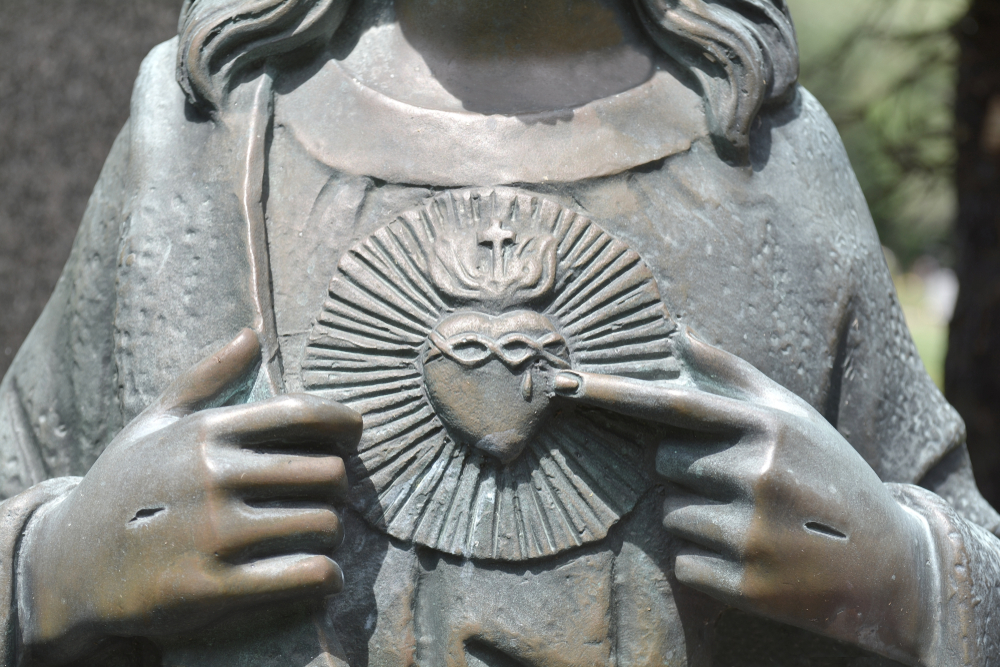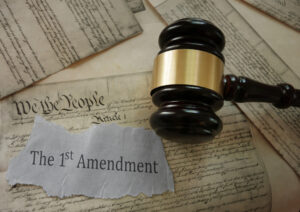U.S. Supreme Court examines Wisconsin’s denial of Catholic charity tax exemption
Several U.S. Supreme Court justices across ideological lines during oral arguments Monday morning expressed concerns about a Wisconsin agency’s refusal to legally recognize a Catholic charity — run by the Diocese of Superior — as a religious organization.
The dispute between Catholic Charities Bureau (CCB) and the Wisconsin Labor and Industry Review Commission (LIRC) will determine whether the charity is required to pay taxes into the state’s unemployment system or whether the organization can enroll workers in the Church-run unemployment system and avoid the tax.
State law allows organizations “operated primarily for religious purposes” to qualify for the tax exemption if it provides its own unemployment system. Yet, the LIRC asserts that CCB is not operated primarily for a religious purpose because it offers charitable services to people of all faiths and does not focus its efforts on converting the people it serves to Catholicism.
Religious freedom advocates have warned that the denial of CCB’s recognition as a religious entity could have a ripple effect that leads to the denial of other legal rights afforded to religious organizations, such as exemptions from mandates that conflict with an organization’s religious beliefs.
Justices challenge Wisconsin’s position
Colin Roth, assistant attorney general for the Wisconsin Department of Justice, told the justices during the March 31 oral arguments that CCB functions similar to a secular charity because of the lack of proselytization — a position that was challenged by justices who were appointed by both major political parties.
When justices repeatedly pressed Roth to give examples of what sort of “proselytization” would qualify CCB for an exemption, he suggested that asking patrons to “please repent” or “please join our religion” while delivering services would likely be sufficient.
In a more specific example, Roth said instructing a patron to say the Lord’s Prayer with a worker or volunteer while receiving food at a soup kitchen would add the proselytization component.
“That type of job function is tethered to religious doctrine,” Roth said.
Justice Clarence Thomas, who is Catholic, asked Roth why expressing the statement “we believe deeply in the corporal works of mercy” wouldn’t be sufficient, adding: “Why is there a difference?”
Roth acknowledged that charity is essential to the Catholic faith but said the corporal works of mercy are “not expressing or inculcating religious doctrine.”
Justice Amy Coney Barrett, who is Catholic, and Justice Elena Kagan, who is Jewish, both emphasized that proselytization is not a component of all religious acts and not even part of some religions.




